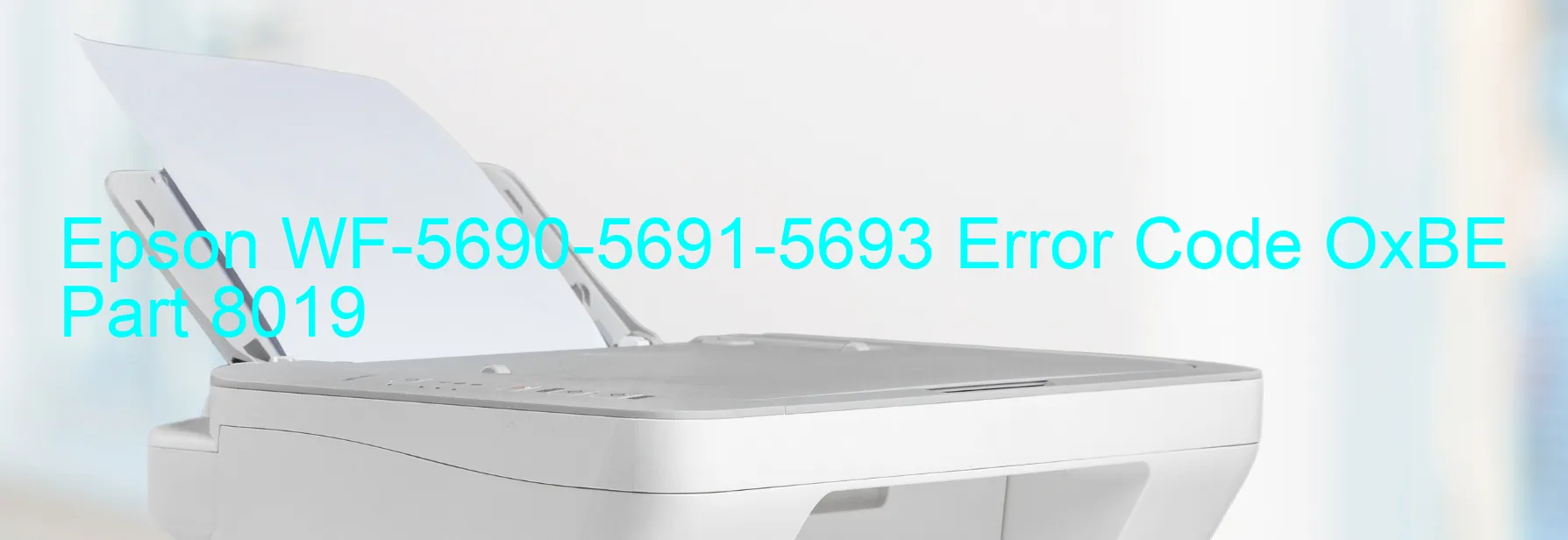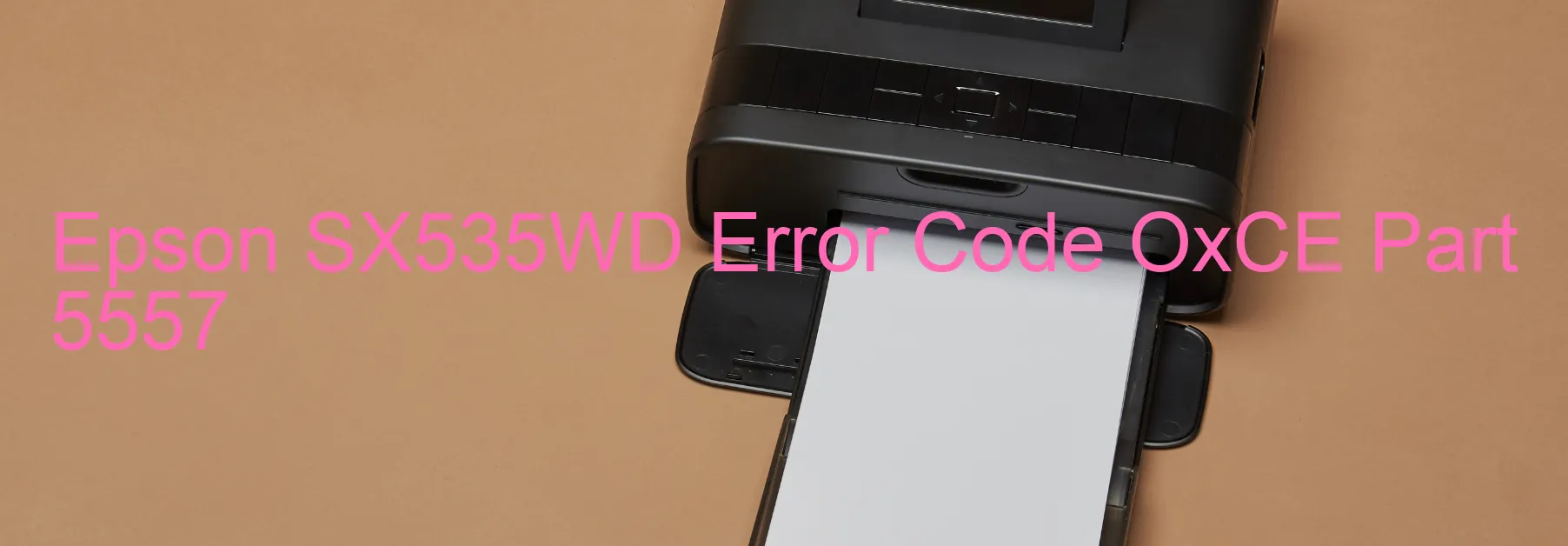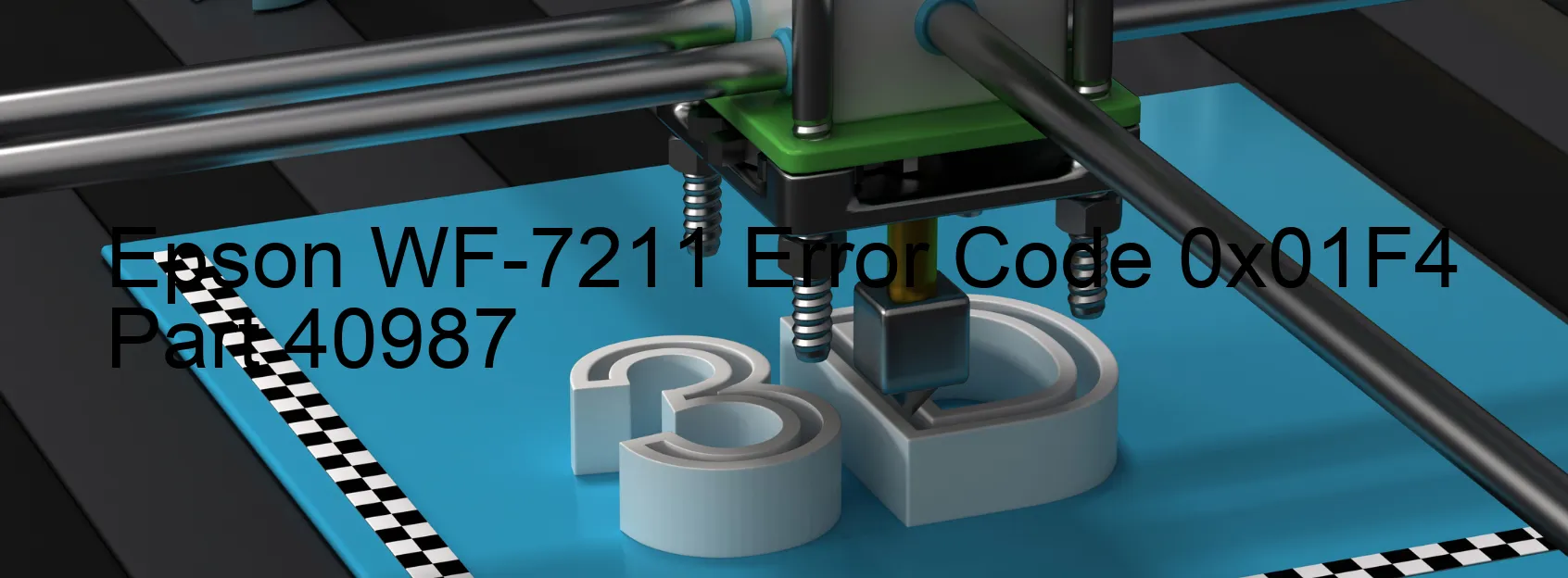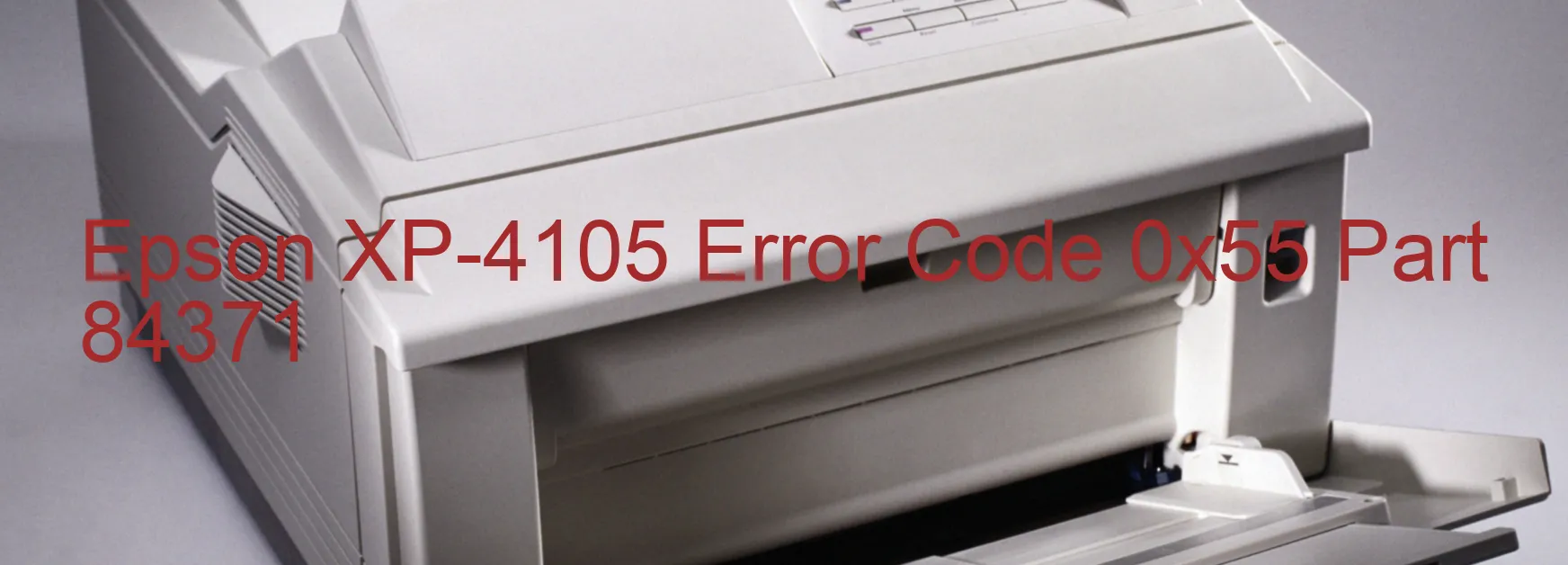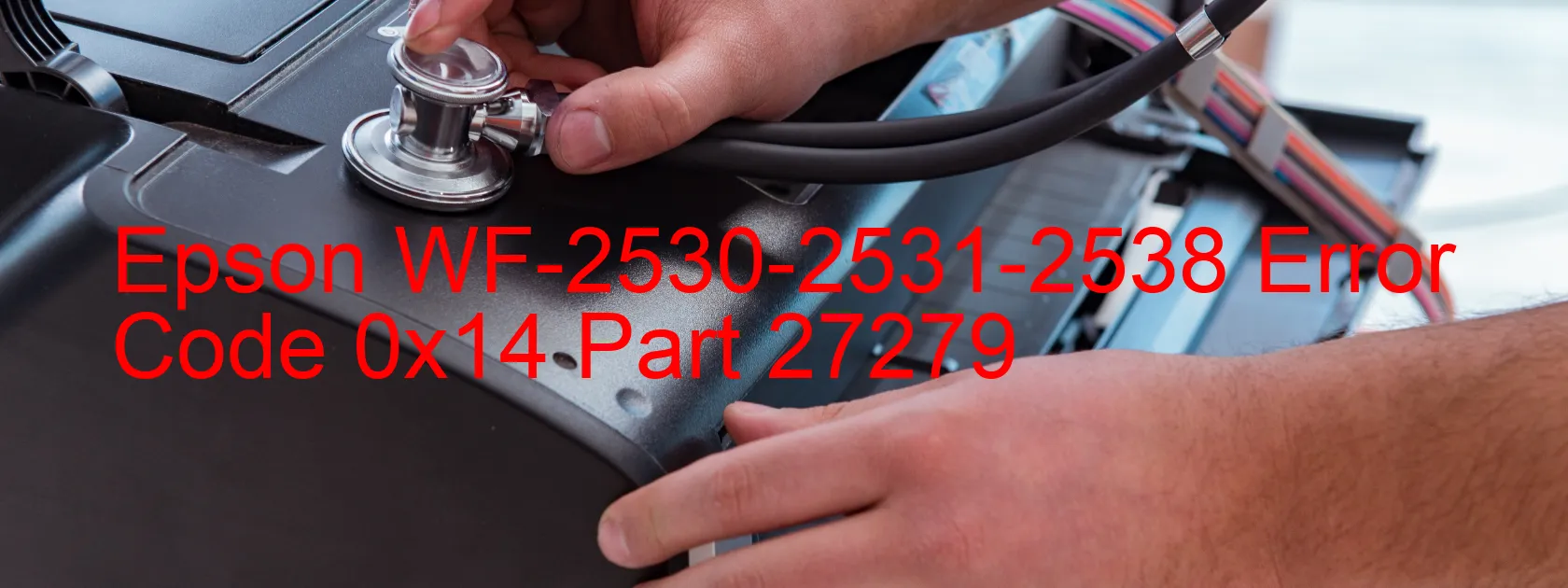Epson E-520 Error OxFE

Epson E-520 Error code OxFE, also known as PF PID excess speed or driving time error, is an issue that can occur on Epson printers. This error code indicates potential problems related to the printer’s mechanisms, communication cables, or the main board.
One possible cause of this error is an encoder failure. The encoder is a device that helps the printer accurately measure the position of the print head. A malfunction in the encoder can lead to the printer detecting excessive speed or driving time, triggering the OxFE error code.
Another potential cause is a motor driver failure. The motor driver is responsible for controlling the movements of various printer components. If the motor driver malfunctions or fails, it can result in the printer experiencing an excessive speed or driving time error.
In some cases, a main board failure may be the root cause of the OxFE error. The main board is the central control unit of the printer, and if it fails to communicate properly with other components, it can cause the printer to display this error code.
Additionally, the OxFE error can also occur due to mechanism overload, which happens when the printer’s mechanisms become too strained or overloaded during the printing process. Lastly, a cable or FFC (Flat Flexible Cable) disconnection can also trigger this error.
To troubleshoot the OxFE error, it is recommended to first check for any loose or disconnected cables. Make sure all connections are secure and properly seated. If the issue persists, it may be necessary to contact Epson customer support to further diagnose and resolve the problem. They will be able to provide guidance and assistance in identifying the specific cause of the error and recommend any necessary repairs or replacements to get your printer back up and running smoothly.
| Printer Model | Epson E-520 |
| Error Code | OxFE |
| Display on | PRINTER |
| Description and troubleshooting | PF PID excess speed or driving time error. Encoder failure. Motor driver failure. Main board failure. Mechanism overload. Cable or FFC disconnection. |
